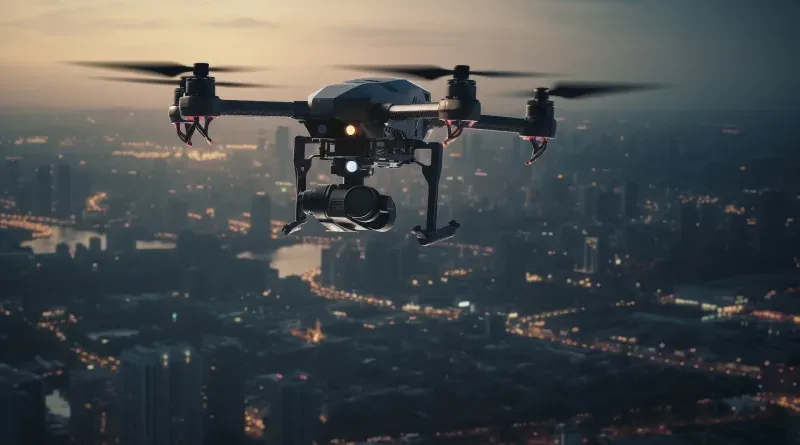🆘 AI in Emergency Response is Enhancing Public Safety
AI turbocharges emergency response in public service through the use of predictive analysis, chatbot support, image analysis and more.

Today's Highlights
- How AI is transforming Emergency Response in Public Service
- Learn - a couple of courses to further your knowledge in AI
- AI Jobs - a listing of fresh jobs related to AI
- In Other News - a few interesting developments we're tracking
AI plays a significant role in enhancing public service, particularly in emergency response scenarios. AI is still a developing technology, but it has the potential to make a significant impact on public service emergency response. By automating tasks, providing insights, and improving communication, AI can help emergency managers save lives and property. A recent study found that smart technologies such as AI could help cities reduce crime by 30 to 40% and reduce response times for emergency services by 20 to 35%. Here are several ways AI is helping to improve emergency response efforts:
- Predictive Analysis: AI algorithms can analyze historical data, such as past emergency incidents, weather conditions, and traffic patterns, to predict potential emergencies and their likely locations. This enables authorities to allocate resources proactively and prepare for potential incidents.
- Emergency Hotlines and Chatbots: AI-powered chatbots can provide instant information and guidance to people during emergencies. These chatbots can handle a large volume of queries, offer instructions on what to do in specific situations, and even provide first aid information until professional help arrives. Chatbots, with the ability to interact in natural language at any given time, can handle many requests and respond quickly with updates in a constantly changing emergency situation. The versatility of chatbot applications allow for use on a desktop app, web app, mobile app or integration to social platforms. The #1 use case for chatbots is to get quick answers in an emergency.
- Disease Outbreak Prediction: In the case of health emergencies, AI can analyze data from various sources to predict disease outbreaks. By monitoring factors such as disease prevalence, climate conditions, and population movement, AI can provide early warnings to help prevent the spread of diseases. For example, a little after midnight on Dec. 30, 2019 artificial intelligence platform BlueDot picked up on a cluster of “unusual pneumonia” cases happening around a market in Wuhan, China and flagged it. BlueDot had spotted what would come to be known as COVID-19, nine days before the World Health Organization released its statement alerting people to the emergence of a novel coronavirus.

- Simulations and Training: AI-driven simulations can help emergency responders train for various scenarios. These simulations allow responders to practice their decision-making and coordination skills in a controlled environment, enhancing their readiness for real emergencies.
- Drone Deployment: Drones equipped with AI-based image analysis can quickly survey disaster-stricken areas, assess damage, and identify areas with the highest need for assistance. This information can guide emergency response teams in their efforts.
By leveraging AI's capabilities, emergency response agencies can improve their ability to predict, assess, and respond to emergencies, ultimately saving lives, minimizing damage, and increasing overall public safety.
📚 LEARN
|
DeepLearning.AI
|
|
IBM
|
🧑💻 JOBS
|
Zoom Video Communications
|
Splunk
|
🔔 IN OTHER NEWS



